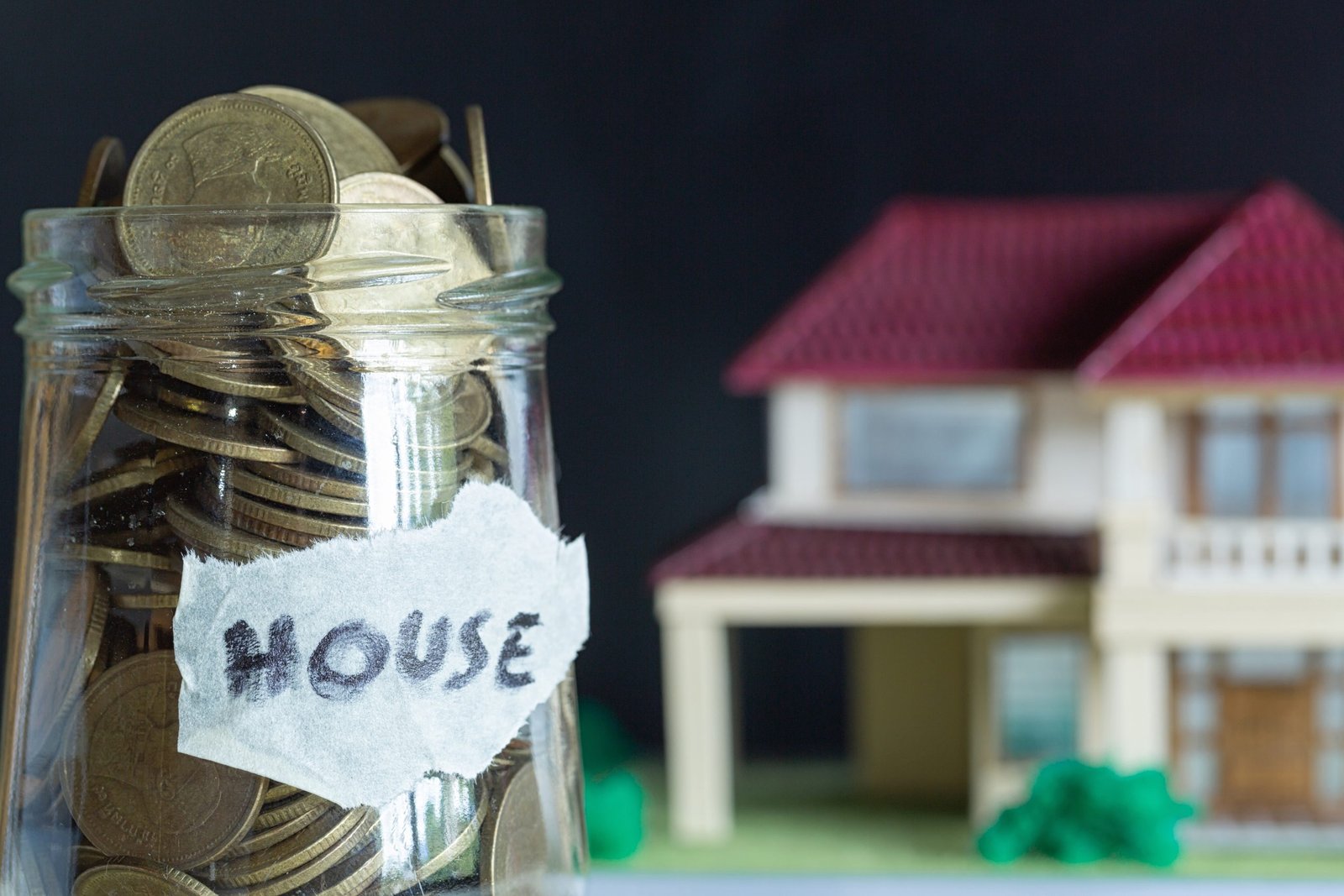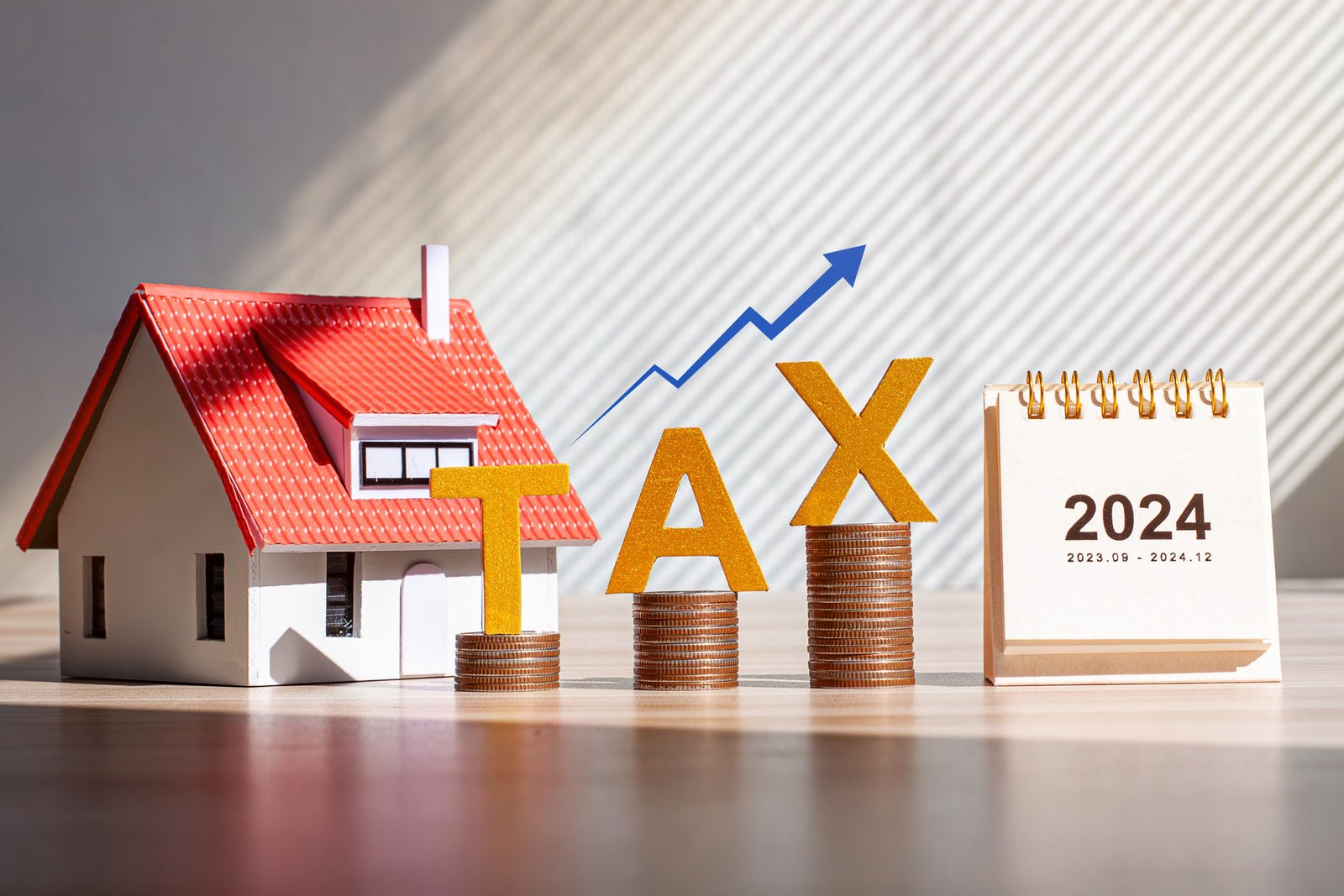The stamp duty land tax (SDLT) has experienced a remarkable resurgence, reclaiming pre-pandemic heights and reaching an impressive £15.4bn. This achievement is notable, given the challenges posed by fluctuating property prices and the impact of varying interest rates.
Despite the average buyer paying £9,937, the overall residential property tax raised from SDLT has seen a significant increase from the previous year, particularly in the realm of residential transactions.
Residential Property Tax Transactions Soar, Contributing £11.7bn to the Surge
Within the realm of taxes, residential transactions have emerged as the driving force, constituting two-thirds of all SDLT transactions and contributing a substantial £11.7bn to the overall receipts.

This unexpected surge in residential transactions becomes even more noteworthy against the backdrop of uncertainties in the property market, including predictions of property price fluctuations and the influence of changing interest rates. Despite these challenges, the average stamp duty land tax (SDLT) payment has experienced a noteworthy decrease from £11,202 in 2021-22 to £9,937 in the latest fiscal year.
Calls for Comprehensive Property Tax Reform Intensify Amidst Rising Bills
As the residential property tax landscape undergoes a significant resurgence, experts such as Adrian Lowery from Evelyn Partners are intensifying calls for a comprehensive review and reform of the stamp duty system. The financial burden on homebuyers has grown significantly, with average tax bills almost doubling over the past decade, reaching £9,937 in the latest fiscal year. While stamp duty remains a substantial revenue source for the government, there is a growing consensus that reform is necessary to alleviate the financial strain on homebuyers and foster a more dynamic property market.

The debate around tax reform gains momentum as homebuyers grapple with the impact of rising average stamp duty bills. The call for reform echoes throughout the property market, emphasising the need for a system that generates revenue for the government and ensures accessibility and sustainability within the housing sector.
Conclusion
As residential property tax discussions take centre stage, the surge in SDLT receipts prompts a re-evaluation of the current system's effectiveness in today's economic landscape. The conversation around property tax reform gains significance, becoming a pivotal point in shaping the future of stamp duty and its role in fostering a robust and accessible housing market.









